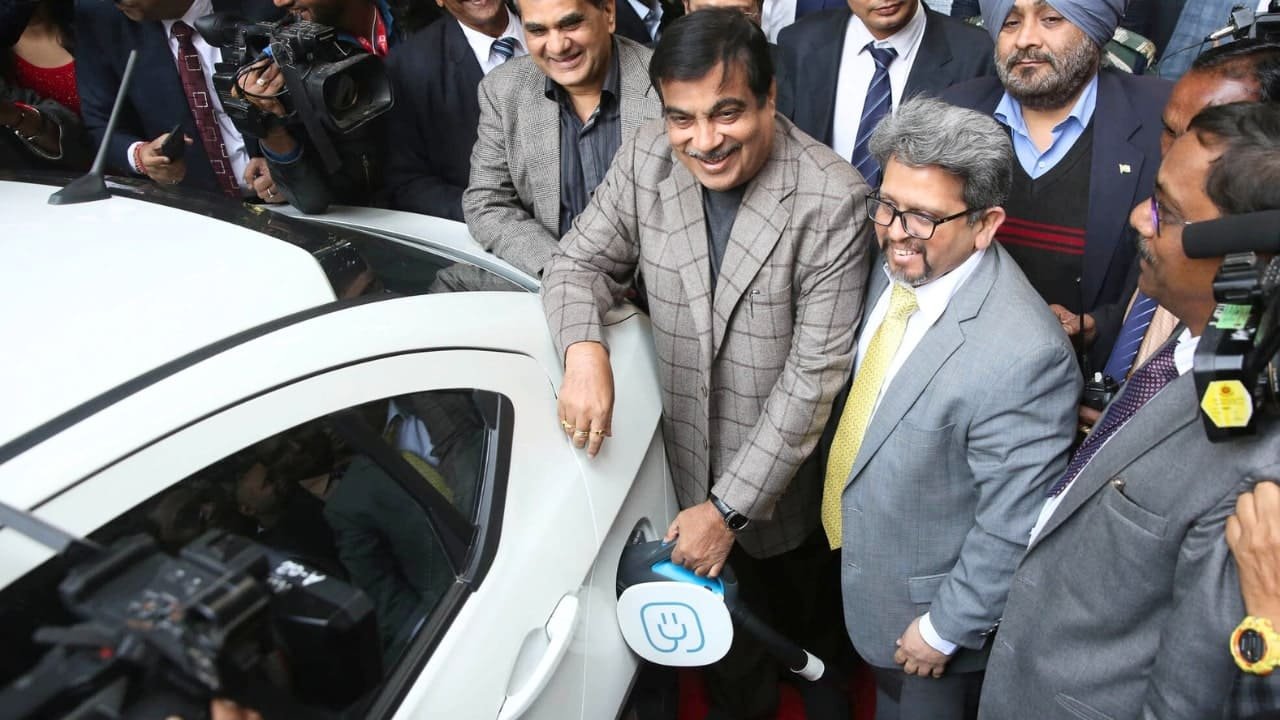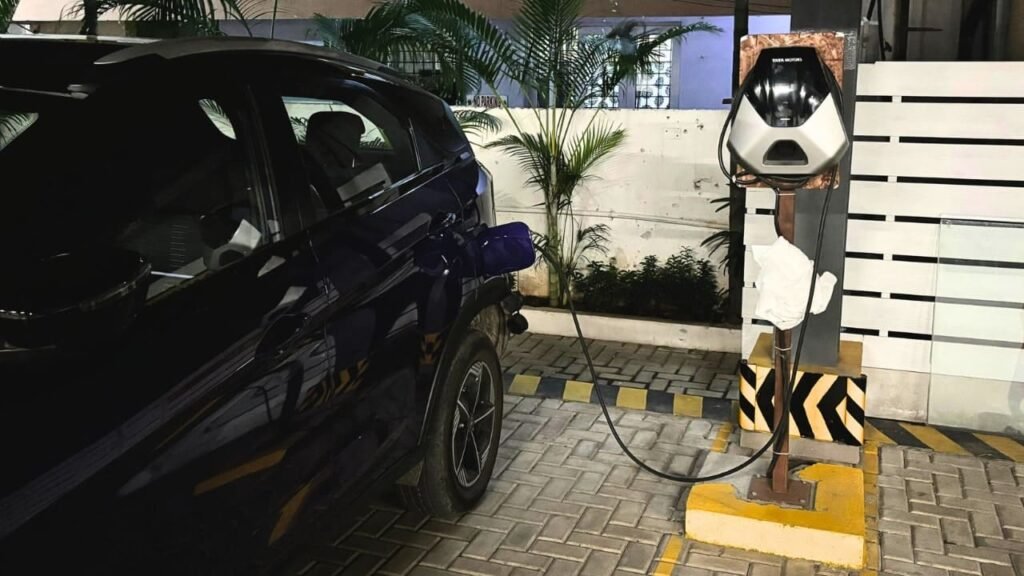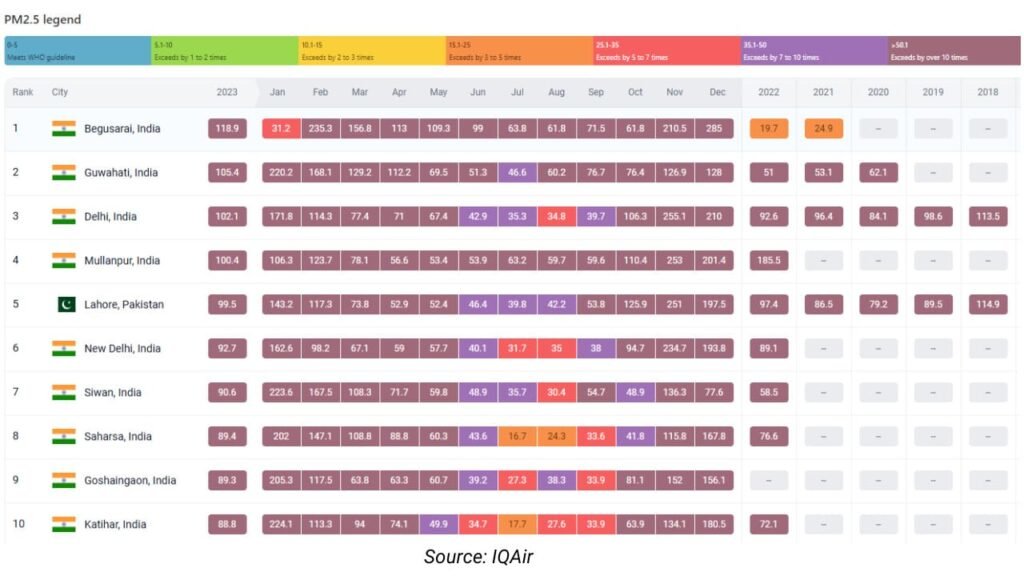
Table of Contents
Is India ready for electric vehicles? What will you do if I say all the petrol bunks in your area are no longer operational? Well, this might sound absurd to you right now but those days are not too far.
Thanks to the EV revolution that is happening around the world, the prospect of Electric Vehicles replacing traditional petrol-diesel engines is possible in the future. In India, the EV industry might have faced some initial hiccups but they are continuously addressing those challenges and are growing at a pace faster than ever.
But is India fully ready to switch to electric vehicles? Let’s dive into this intriguing question and explore India’s preparedness for this electrifying transition.
Electric Vehicles in India
10 years ago, if someone said Electric vehicles were going to take over our roads, most of us would have judged that person. But now, things are changing and they are changing fast. Is India ready for electric vehicles to dominate the market? India’s automotive industry has reached a stage where each automobile brand is reinventing itself to stay in line with the growing technological advancements. No longer can they afford to ignore the EV market!
However, it’s not just the brands that are evolving fast, the Indian government both at the centre and even in various states have been promoting greener alternatives. With government initiatives like the FAME India scheme which offers subsidies for buying electric vehicles, the transition to Electric Vehicles in India has become a lot smoother.
Did you know? Currently, more than 15 Lakh Electric Vehicles are running on Indian roads.
But many still wonder if India is ready for electric vehicles on a larger scale!
EV History in India
The concept of electric vehicles in India isn’t new. The first electric vehicle in India made its debut in 1996. It was a three-wheeler, invented by Scooter’s India Pvt Ltd, and it was named VIKRAM SAFA. In 2000, BHEL developed an eighteen-seater electric bus, setting the stage for what was to come in the future.
On a global scale, EVs have a history dating back to the 19th century. However, due to the growing environmental concerns and technological advancements, we saw some major changes happening in the last decade only.
India’s history in EV has been slow but it is surely catching up fast.
Key EV Milestones in India:
Let’s look at some milestones along the way –
- 1996: First electric vehicle launched by Scooter’s India Pvt Ltd.
- 2000: The first electric bus was launched by BHEL
- 2001: Reva Electric launches the first mass-produced electric car in India
- 2013: Mahindra launches the e2o, boosting domestic EV production
- 2019: The government launches the FAME II scheme to promote EVs
EV Adoption Trends

The electric vehicles industry in India has been growing at an annual rate of 20%, which shows that consumer interest and confidence in electric vehicles are increasing with each passing year.
Metro cities like Delhi, Bangalore, and Mumbai are leading the charge in EV adoption. The Indian government also has set itself an ambitious target. The government wants 30% of all vehicles to be electric by 2030. Ambitious, isn’t it?
And it’s all not just talk! They are also putting efforts to make this a reality. The government has consistently pushed for domestic manufacturing of EVs by improving the ease of doing business and providing financial incentives for companies setting up their manufacturing units in India.
Let’s take a look at the top players in the EV market:
Top 5 Global EV Makers
- Tesla
- BYD
- Volkswagen
- General Motors
- Nissan
Top 5 Indian EV Makers
- Tata Motors
- Mahindra Electric
- Hyundai
- Ola Electric
- Ather Energy
EV Impact in India
In 2021, India’s Prime Minister Narendra Modi announced the ambitious target to reach net zero carbon emissions by 2070. However, to reach there, a major source of carbon emission needs to be reduced first.
India’s transportation sector is a major contributor to air pollution, with more than 13 of the world’s 20 most polluted cities located in India.

Indian road transport currently accounts for 20-30% of urban air pollution, and transitioning to EVs can help improve the situation. According to the Indian government, shifting to electric vehicles can reduce up to 64% of the country’s energy demand and 37% of carbon emissions by 2030. Hence, resulting in cost savings and environmental benefits.
EV Technology
So what makes these EVs run on the road? It is their batteries and electric motors. Lithium-ion batteries, known for their high energy density and efficiency are used in electric vehicles. These batteries are managed by advanced battery management systems and ensure they perform optimally and last longer.
Along with this, other electric vehicle components like electric motors, controllers and braking systems create a cohesive and efficient architecture for electric vehicles that keeps them running efficiently and smartly on the roads.
Battery Innovations
As the world increasingly becomes aware of the benefits of sustainable mobility, the innovations concerning EV battery technology don’t seem to show any signs of slowing down. They are growing at a commendable rate. The most recent examples are solid-state batteries that provide even larger energy densities and faster charging times.
“India needs one million fast chargers to become 100% electric in 2 and 3-wheelers by 2030.”
- Amitabh Kant, CEO, Niti Aayog.
Also, the Indian industry is developing LFP, or lithium iron phosphate batteries, apart from other alternatives like those existing in the marketplace. These are comparatively low-cost and safer alternatives. At the same time, a network of battery recycling facilities will play a key role in the end-to-end management of EV batteries. With proper incentives and policy, India could emerge as a major player in EV battery recycling.
Key EV Players in India
The EV market in India has been very active and competitive in the last few years. Major electric vehicle makers in India like Tata Motors, Mahindra Electric, Ather Energy and Ola Electric are spearheading this campaign. These companies are offering different types of electric vehicles to meet the requirements of different categories in the market.
For those on a budget, there are several electric vehicles under 1 lakh rupees, making green technology accessible to a wider audience.
Popular Indian EV Models:
- Tata Nexon EV: India’s best-selling electric car.
- Mahindra e-Verito: Popular among fleet operators due to its affordability.
- Ola S1: The electric scooter changing the face of urban mobility.
Economic & Environmental Benefits

By 2025, Delhi will have a total of 10,480 buses with electric ones making up 80 per cent of the fleet. This will help cut 4.67 lakh tonnes of carbon dioxide annually, an official earlier said.
The advantages of owning an electric vehicle in India are many, and the best part is that they are not just limited to environmental benefits. There are benefits for everyone.
For people focused on cost savings, EVs offer long-term savings with lower fuel and maintenance costs.
For discount-craving Indians, the electric vehicle subsidy offered by the Indian Government further reduces the initial purchase price, making EVs more attractive to buy.
For Environmentally conscious people, EVs help reduce air pollution and carbon footprints. However, the lifespan of EV batteries and the disposal of old batteries remains a big challenge. With all the technological advancements in batteries, those challenges too will be tackled soon.
EV Savings & Incentives:
- Subsidies: Up to INR 1.5 lakh on electric cars under FAME II
- Tax Benefits: GST on EVs reduced to 5% from 12%
- Running Costs: EVs cost approximately INR 1 per km compared to INR 6 per km for petrol vehicles
EV Adoption Challenges
Despite the progress, there are still a few bumps in the road when it comes to electric vehicles (EVs) in India. A lot of people worry about range anxiety—the fear that their car will run out of battery before they find a place to charge it. The publicly available network of charging stations is still very limited in India, and making sure these stations are reliable is crucial for tackling this issue.
There are also some disadvantages of electric vehicles, like the higher upfront costs and concerns about battery safety. Public perception matters too; many people still wonder: if it is safe to buy EVs in India.
The viral videos of newly launched electric bikes suddenly catching fire on their own dented the public image of EVs. However, the industry has changed significantly since then with the improved focus on safety standards.
Addressing Infrastructure and Safety Concerns:
- Charging Network: Currently, India has around 1,800 public charging stations. The government plans to bring this number to 18,000 by 2030. The best part is that many residential apartments and public establishments that are being newly built have started to incorporate an in-house EV charging station.
- Battery Safety: New standards for battery safety are being developed in India to ensure EV batteries are reliable and safe.
Future of EVs in India
With ambitious targets and efforts by the government and industry stakeholders, the outlook on electric vehicles in India is positive. Also, the EV stocks’ growing popularity among retail Indian investors shows public confidence in the industry.
As far as the next decade is concerned, I strongly believe that we will see large-scale adoption of EVs in India. With constant improvements in battery technology and the architecture of electric vehicles, India is destined to emerge as a major player in the global EV marketplace.
So, to answer the big question: is India ready for electric vehicles? The answer is cautiously yes.
Big challenges will always continue to exist, but those challenges will be met with innovative solutions or what we Indians fondly call “Jugaad”. The potential of EVs is undeniable and India will make sure its potential is fully utilized.
Remember, as consumers, our choices can drive this change!
So, what do you think? Is India ready for electric vehicles? Please share your thoughts below.
Please share your thoughts below.
To keep getting clarity on such interesting topics, please subscribe to Clarity Circuit.
Recommended Articles
If you found this topic interesting, you might also enjoy reading these articles:


